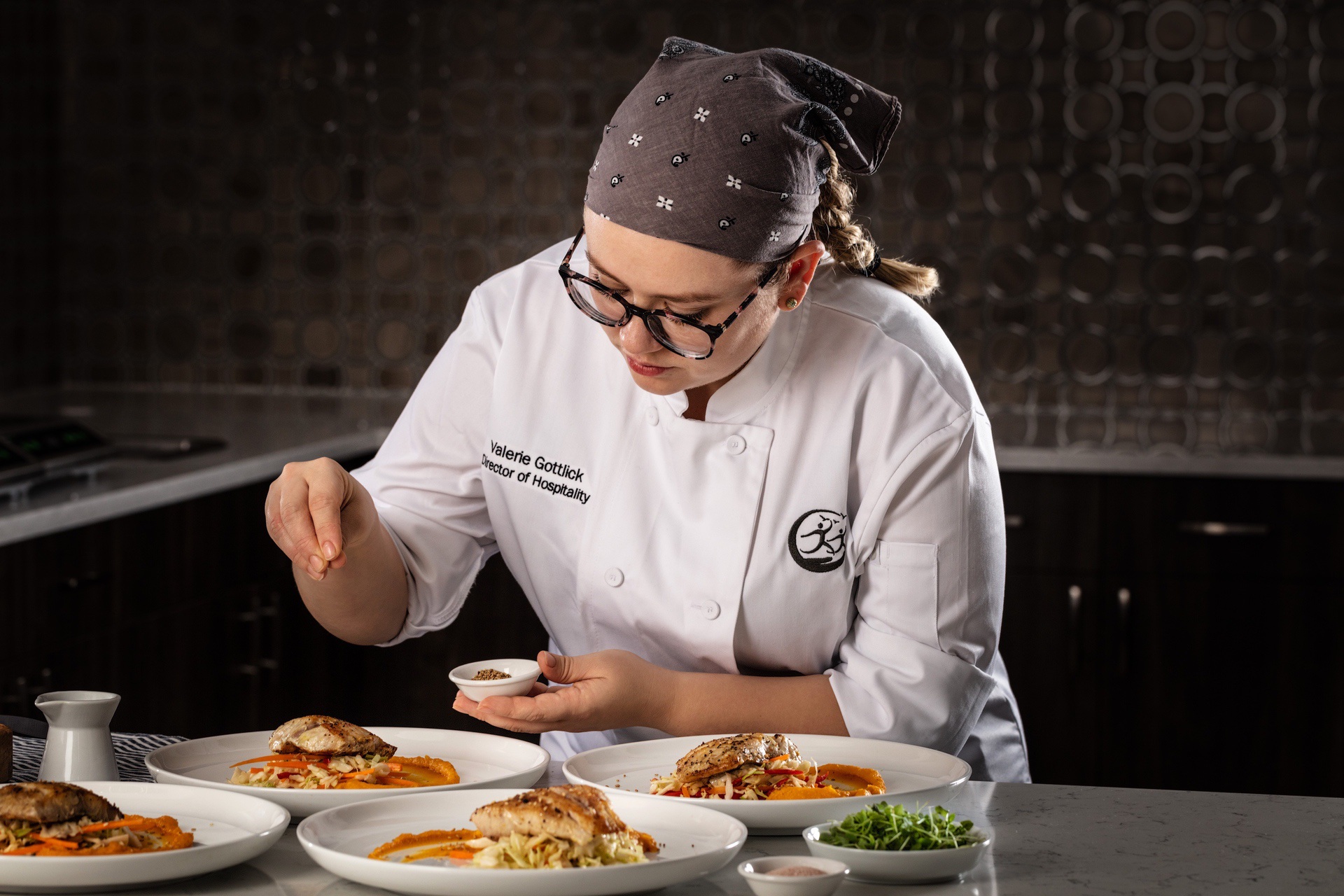What Are the Best Foods for Brain Health (and the Worst)?
Posted By HarborChase on June 15, 2022When it comes to cognitive health, nutrition plays a vital role in reducing your risks and helping you enjoy the positive effects of healthy brain function. However, with so many options available, what are some of the best – and worst – foods you can eat for brain health?
At HarborChase Senior Living, we celebrate older adults every day with access to the freshest and healthiest ingredients through elevated dining experiences. We believe that a luxury retirement community should exceed expectations in every area – especially the food.
Today, we look at some of the best and worst foods to keep your mind sharp and healthy for years to come. Although you do not need to eliminate food, this might be a good time to evaluate your daily intake and adjust with the guidance of a healthcare provider.
Best Foods for Brain Health
The good news for older adults is a long list of healthy foods that can boost brain health. So when you are planning your daily meals and snacks, consider adding some of these to the menu:
- Leafy Greens: With brain-boosting vitamins and minerals, including beta carotene, vitamin K, and folate, leafy greens can slow cognitive decline. Given their versatility, you can use leafy greens like spinach, kale, broccoli, and collards in various dishes like salads, stir-fry, and fresh smoothies.
- Walnuts: Along with being a great source of protein, walnuts reduce inflammation and improve cardiovascular health, which benefits brain health. Walnuts are also full of antioxidants and omega-3 fatty acids, which can reduce your risk of Alzheimer’s and dementia.
- Berries: Not only are berries delicious, but they are great for brain health! Add blueberries to your yogurt or fruit smoothie and enjoy a superfood packed with flavonoids, vitamin K, and manganese.
- Eggs: By starting your day with an egg or two at breakfast, you are increasing your choline levels – which has been shown to reduce inflammation and improve communication between the cells in the brain. Not a bad way to start the morning, right?
- Fatty Fish: Another great source of omega-3 fatty acids, fish such as salmon, pollack, cod, and tuna can reduce your beta-amyloid levels.
Worst Foods for Brain Health
Although there are many wonderful ways to enjoy a great meal and improve cognitive health, some foods are not as beneficial for the brain. Try to limit your intake of these items whenever possible – or substitute them with something from our “Best” list.
- Red Meat: The saturated fat in red meat has been shown to increase inflammation in the body. Diets high in saturated fat can lead to plaque buildup in the brain and heart, dramatically increasing your risk of stroke, heart disease, and neurodegenerative diseases. Try switching red meat for fish in your next meal.
- Sugar: Unfortunately, sugar permeates many food and drink options in the modern diet. Yet, sugar can have devastating impacts on the brain and overall physical wellness. One of the best ways to limit sugar intake is eliminating sugary drinks from your diet. The daily recommended sugar intake for women is 24g, and for men, it is 36g. A 12-ounce can of soda? 39g.
- Alcohol: An occasional glass of wine or cocktail is often associated with positive effects, like relaxed mood and relieved stress. However, if you are regularly consuming alcohol, you are causing unnecessary stress to your brain. Alcohol dehydrates the body and deprives the brain of oxygen, and it is also high in sugar.
- Processed Foods: Whenever possible, choose foods that are fresh and natural. Diets heavy with processed foods can lead to an increased risk of stroke, dementia, and other neurological diseases. However, fresh ingredients (like those above) provide another layer of protection for the brain. When in doubt, choose a fresh, unprocessed meal.
Brain Foods at HarborChase
At HarborChase Senior Living, we believe that an extraordinary experience in our luxury retirement communities must include access to the finest, healthiest, and most delicious ingredients available.
Our fine dining experiences deliver unparalleled taste and nutrition, while our daily snacks and rotating dinner menus provide a variety of fresh and healthy ingredients to keep your brain strong.
To learn more about how HarborChase Senior Living uses food to enhance the lives of our residents, visit our website today.
Categories: Health Habits


